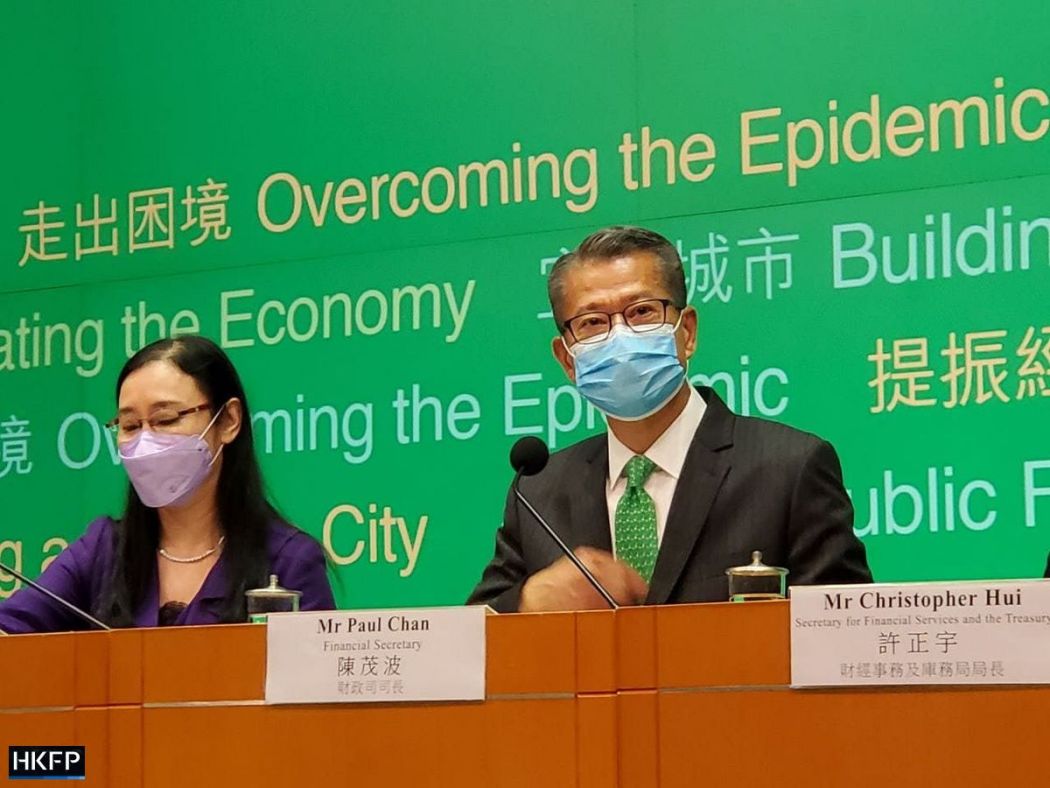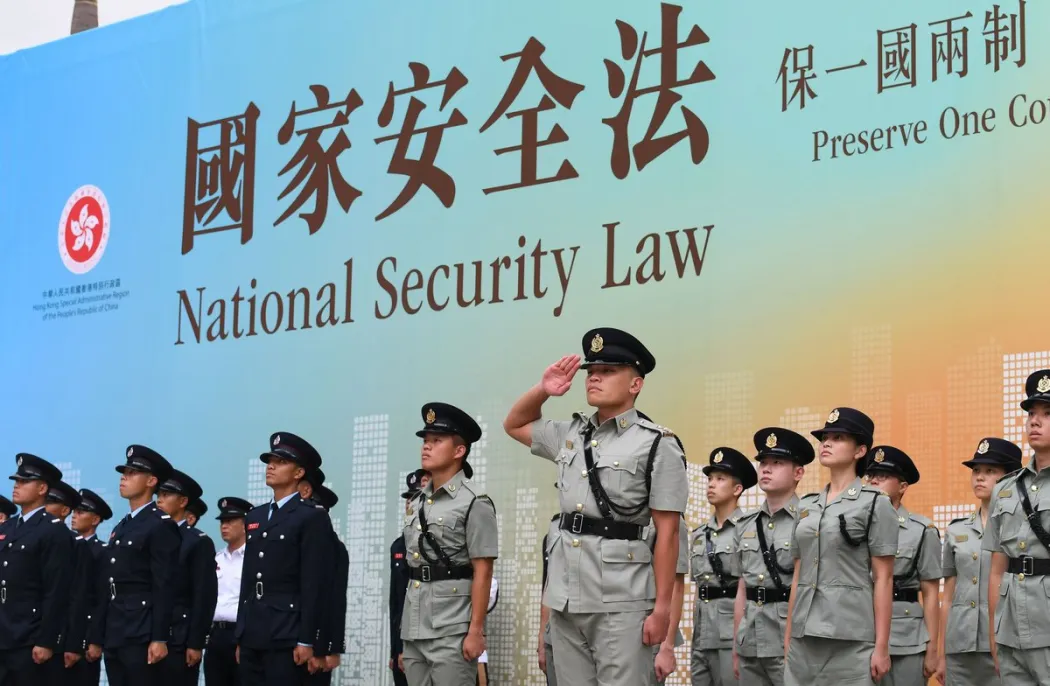Hong Kong will spend HK$500 million to attract overseas scholars specialising in innovation and technology to teach and conduct research in the city, Financial Secretary Paul Chan announced Wednesday as he presented the 2021-22 budget.
Chan said the sum would be used to support the launch of a Global STEM (science, technology, engineering, and mathematics) Professorship Scheme announced by Chief Executive Carrie Lam in her policy address last November.

The funding is intending to help finance 100 world-renowned scholars and their research teams in taking part in STEM teaching and research in the city. The programme will involve total spending of around HK$2 billion, which will be divided among the government, local universities and the Hong Kong Jockey Club Charities Trust.
Chan also announced over HK$200 million to extend to primary school students the IT Innovation Lab which was introduced in secondary schools. Each subsidised primary school will receive up to HK$400,000 in the three coming academic years to roll out the “Knowing More About IT” programme.
The aim was “to prepare them for integration into the knowledge-based economy and participation in the development of a digital society,” Chan said.
As a one-off relief measure, the government will pay the examination fees for candidates sitting the Hong Kong Diploma of Secondary Education next year. The commitment is predicted to cost HK$150 million and will benefit around 43,700 candidates.
Chan estimated the government would spend HK$110.9 billion in total on education in 2021-22, 15.2 per cent of the total projected expenditure.

The Education Bureau said in the budget estimates that it would step up training for newly recruited teachers and for teachers due to be promoted. The training would encompass the values and conduct of teaching staff, as well as national security education.
Last October the Education Bureau cancelled the registration of a teacher who allegedly disseminated pro-independence messages to primary school students. Critics slammed the unprecedented life ban as causing a chilling effect, while the authorities vowed more action against “bad apples.”
Beijing imposed a sweeping security law on the city last June, which criminalises secession, subversion, collusion with foreign forces and terrorist acts.
“The Bureau will continue to develop a variety of learning and teaching resources for promoting Constitution and Basic Law education, including national anthem and national security education, in schools,” it wrote in the document.

But government sources told HKFP that the authorities had no plan to set aside an additional subsidy for schools to implement national security education in the coming fiscal year.
Sources added that there were no details about the funding for a proposal to include a study tour to mainland China as part of the revamped Liberal Studies course. The controversial subject is facing a major overhaul after it came under fire by pro-Beijing figures for allegedly “encouraging” students to take part in the 2019 anti-extradition bill protests.
Support HKFP | Policies & Ethics | Error/typo? | Contact Us | Newsletter | Transparency & Annual Report | Apps
Help safeguard press freedom & keep HKFP free for all readers by supporting our team

























